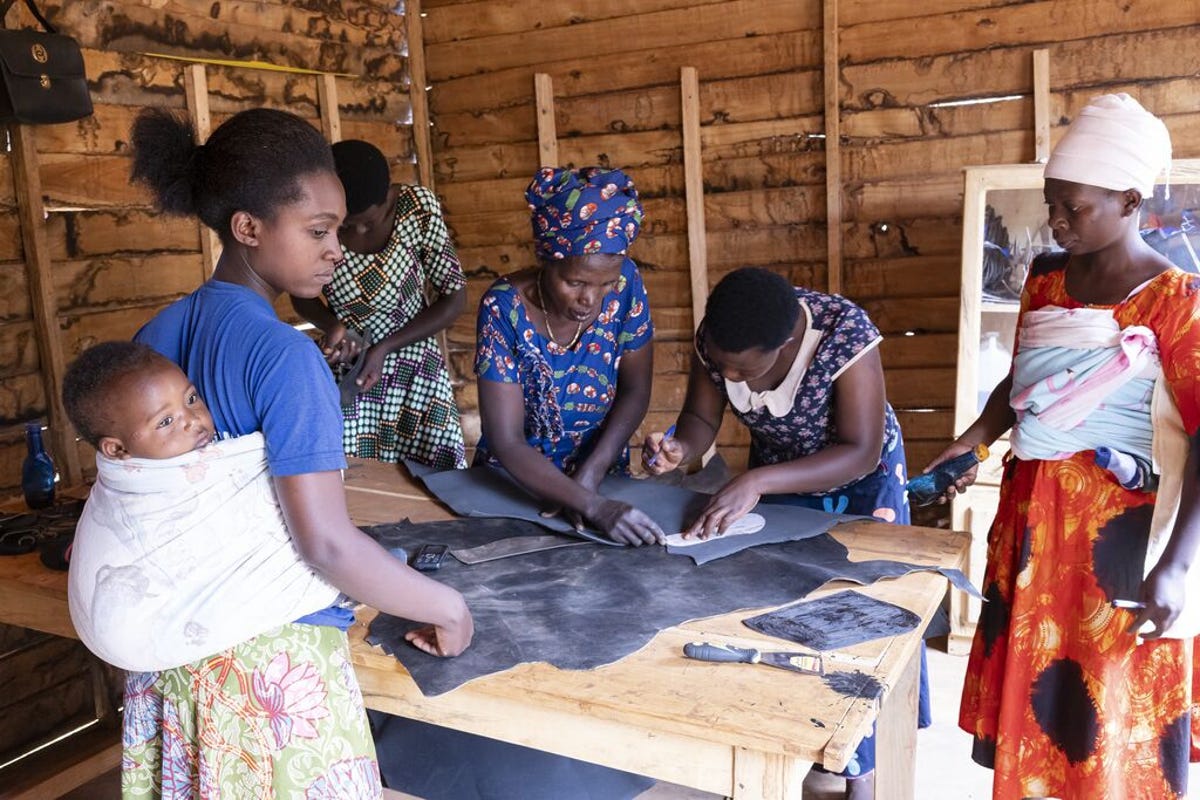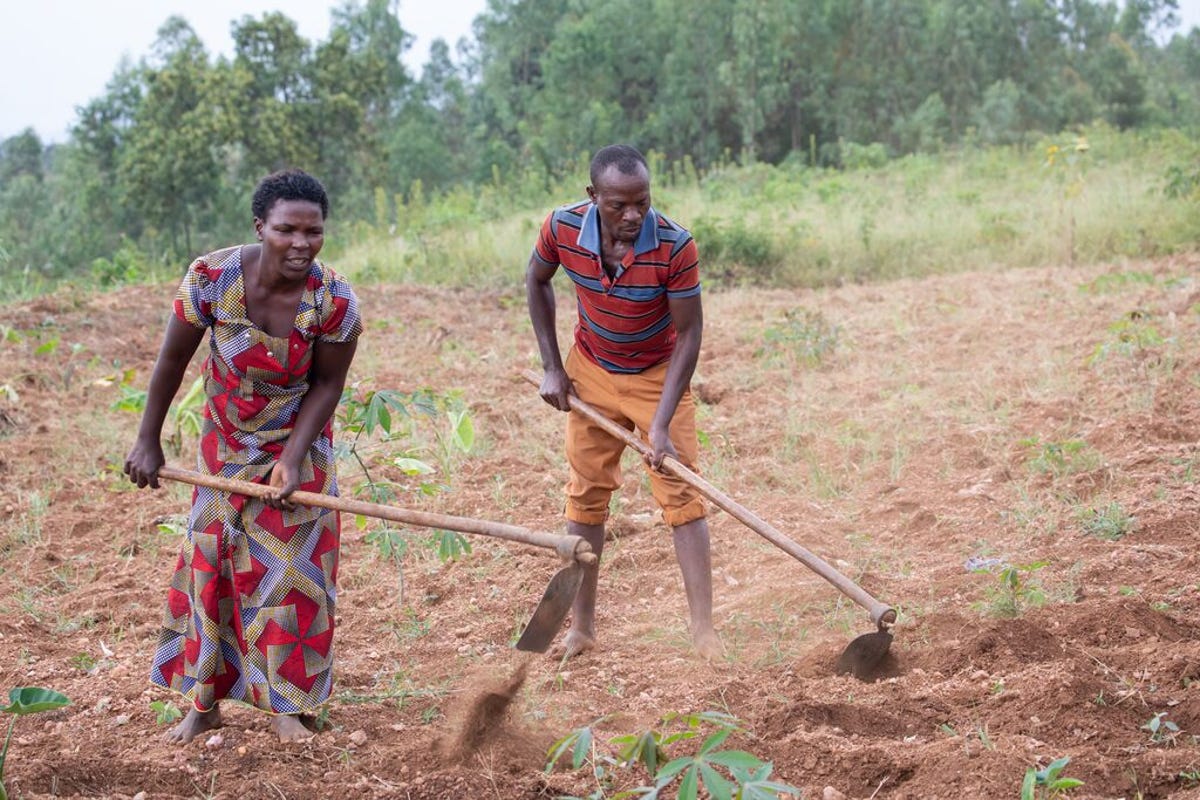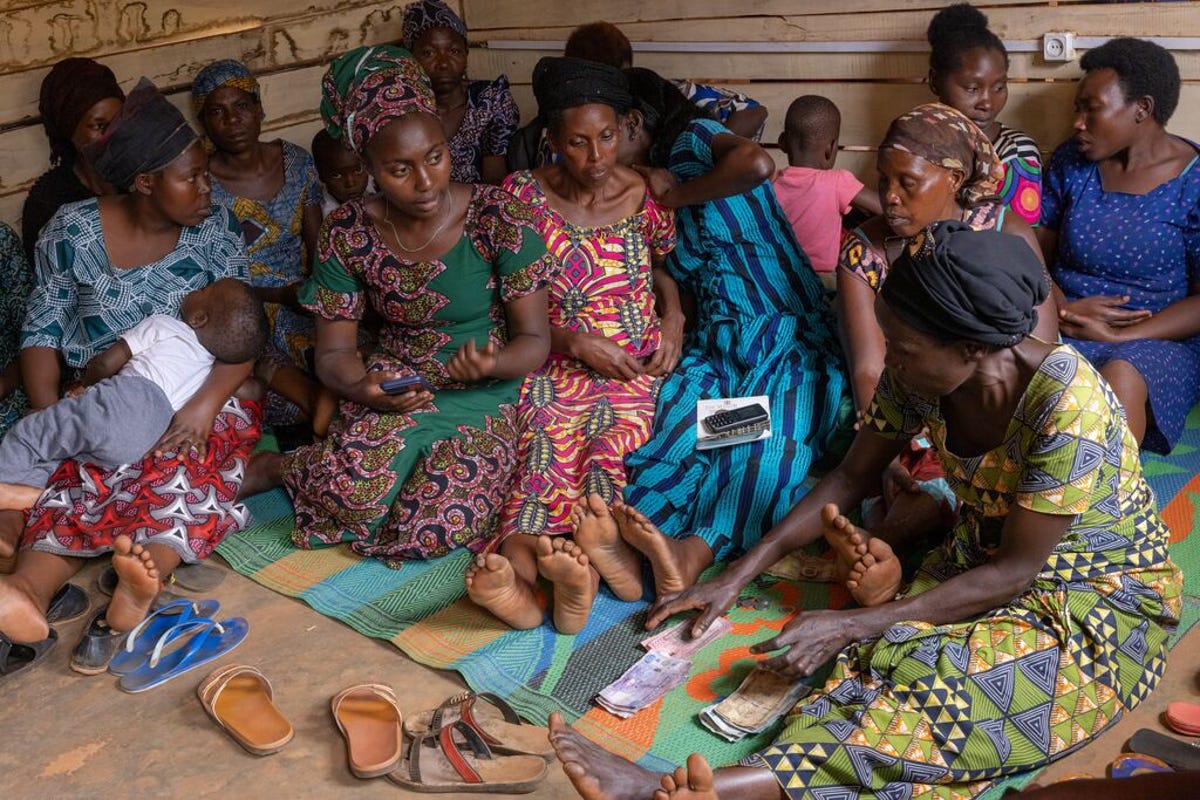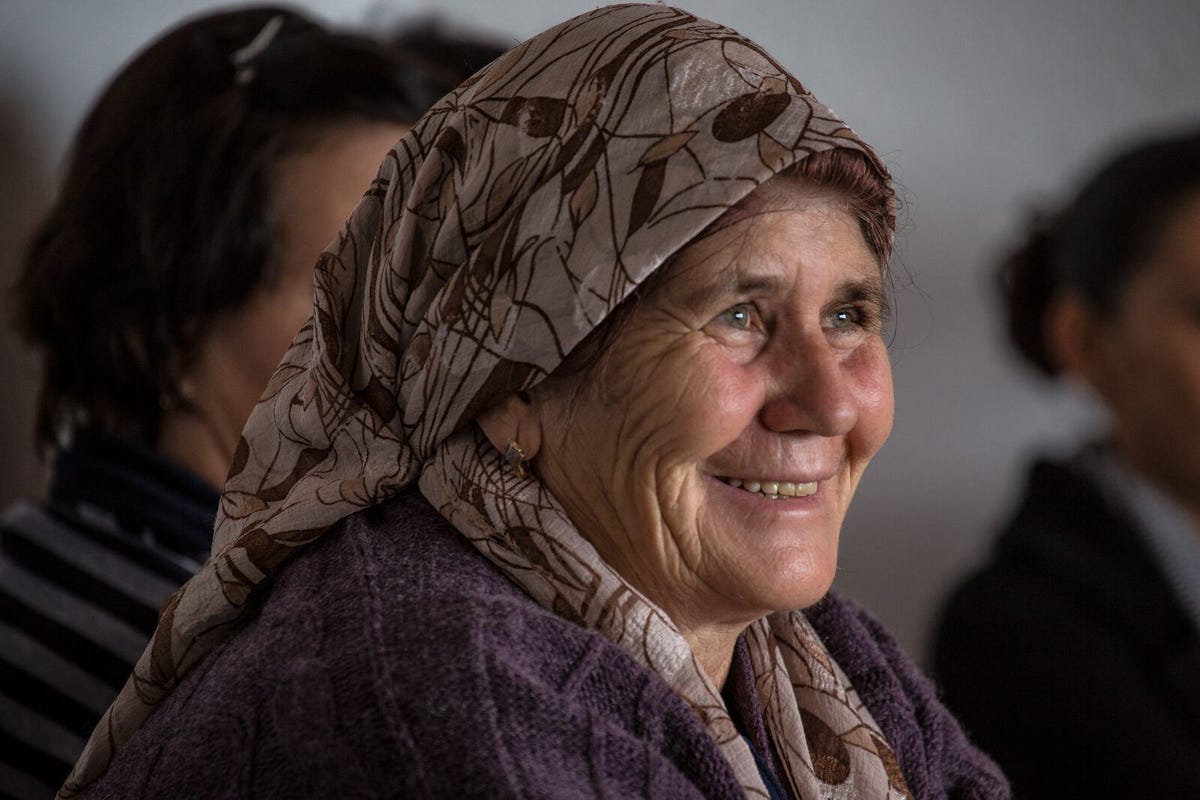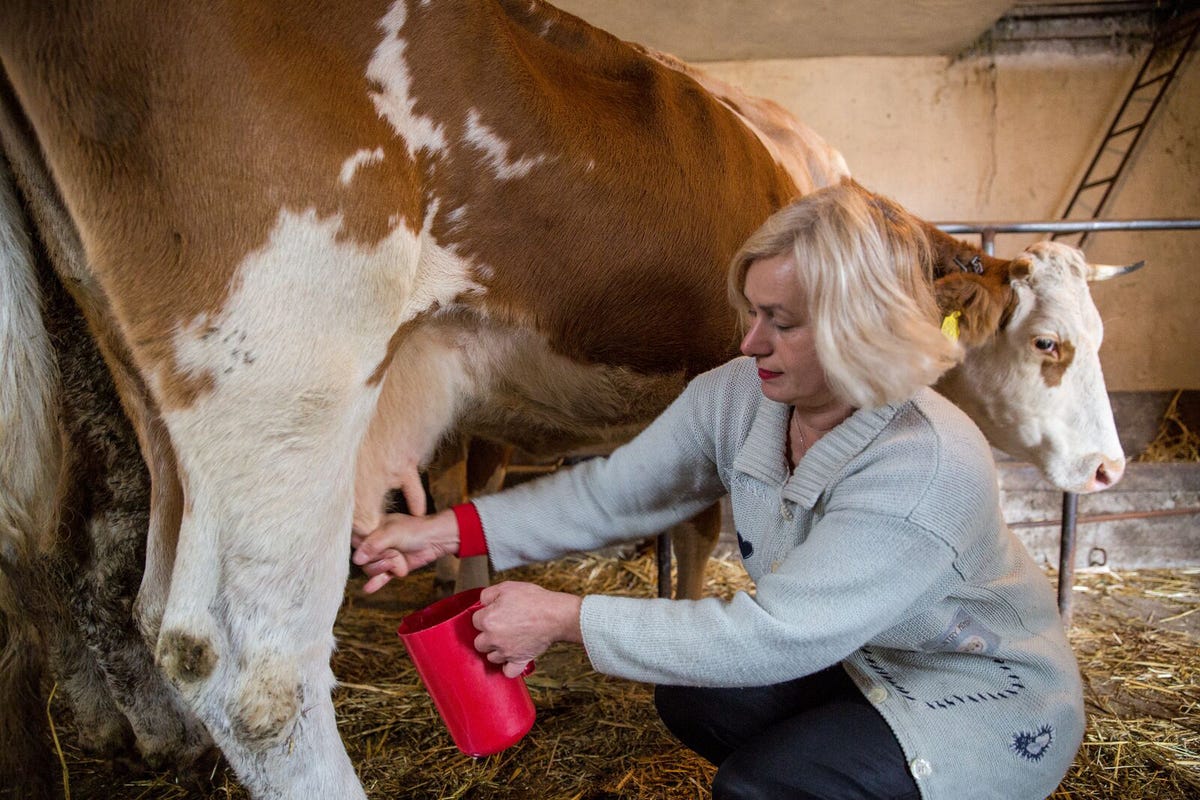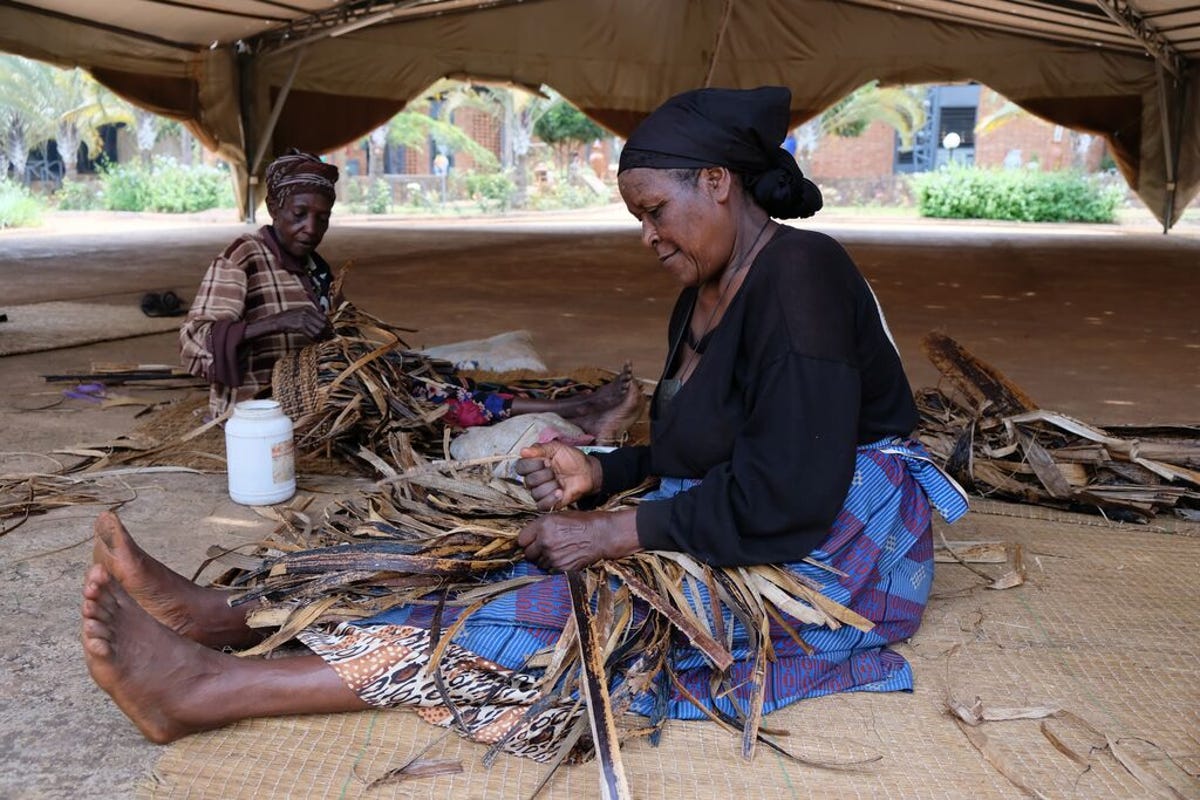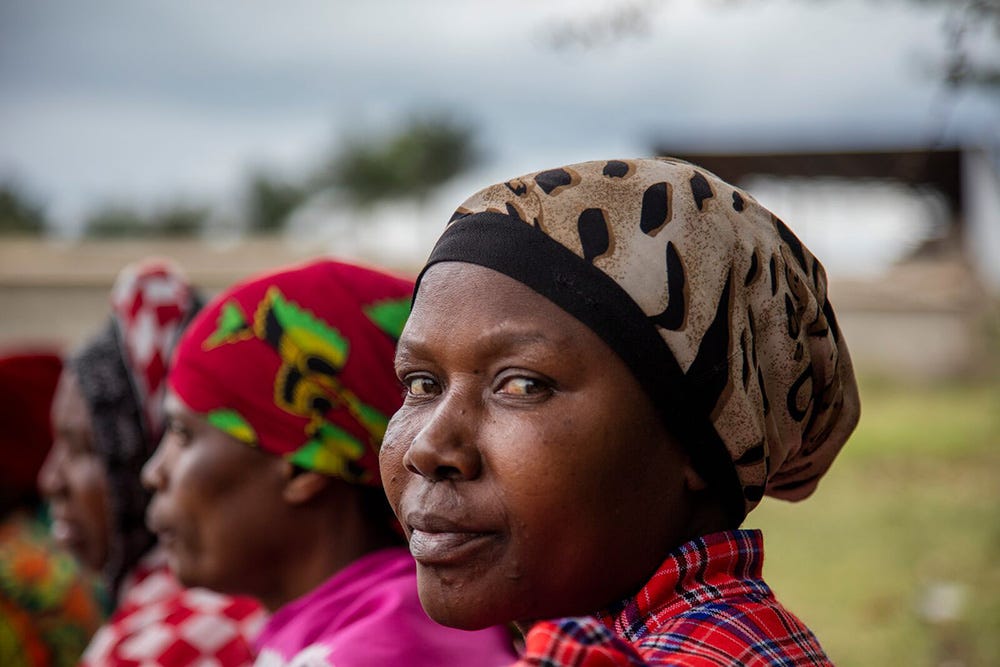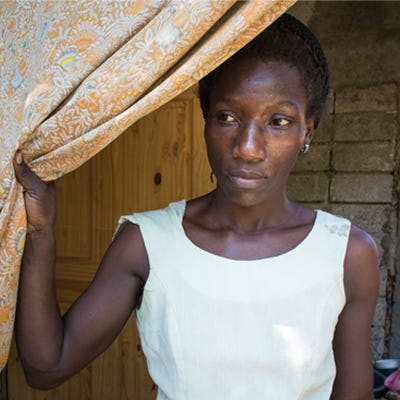2013-2027
EMPOWERING WOMEN IN CONFLICT-AFFECTED COUNTRIES
© Cartier Philanthropy / Cyril Le Tourneur
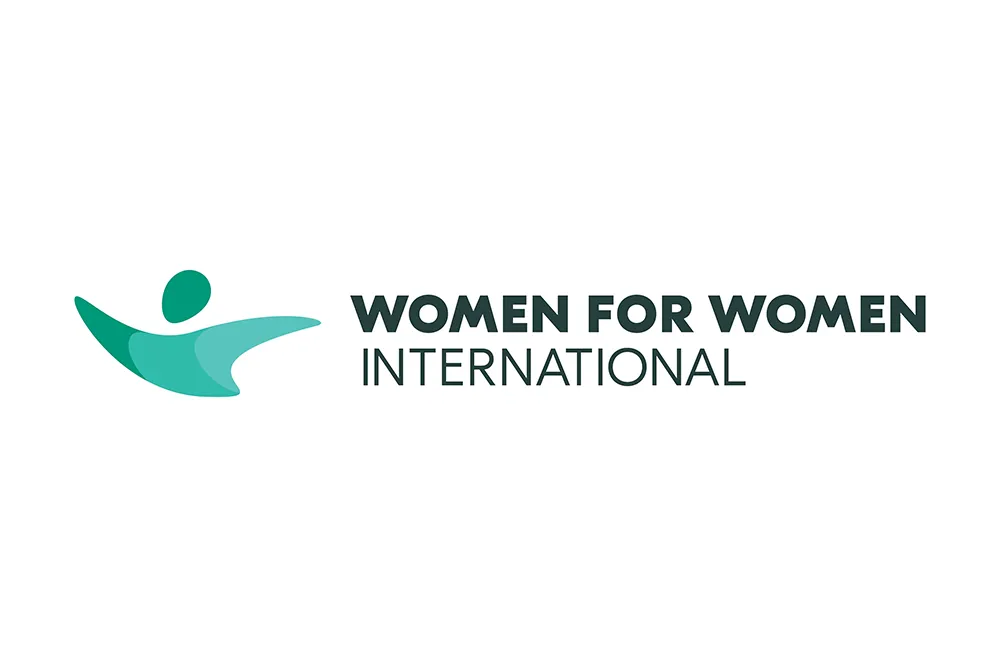
2013-2027
WOMEN FOR WOMEN INTERNATIONAL
Women for Women International works with the poorest, most socially marginalised women in conflict-affected countries, helping them acquire social and economic skills that transform their lives. We’ve been supporting Women for Women’s signature empowerment programme since 2013 in multiple countries, including Afghanistan, Kosovo, Nigeria, Rwanda and South Sudan. As of 2021, we’re funding its operations in Afghanistan and we’re supporting them in Kosovo and Rwanda, where local leaderships are establishing independent sister organisations.
CHALLENGE
© Cartier Philanthropy / Cyril Le Tourneur
ACTION
Women for Women International delivers a 12-month social and economic empowerment programme that helps promote women’s agency, wellbeing and livelihoods.
Programme participants build practical job skills such as tailoring, brickmaking, horticulture and poultry-keeping. They learn to run a business and make responsible financial decisions, whilst receiving a monthly stipend. In addition, participants learn about their right to vote and to inherit property, and gain vital knowledge about health, hygiene, nutrition, stress management and conflict resolution. Throughout their time on the programme, participants form tight social circles of support.
To further strengthen their access to sustainable livelihoods, women who graduate from the year-long programme can choose to enrol in advanced business training. This additional training includes the provision of micro-capital support and business mentoring.
Women for Women aims to empower over 800 ultra-poor women across Kosovo, Bosnia and Herzegovina and Rwanda by the end of 2026.
IMPACT
AVERAGE INCREASE IN DAILY EARNINGS
for women enrolled in Rwanda (from $0.49 to $2)
AVERAGE INCREASE IN MONTHLY SAVINGS
for women enrolled in Rwanda
ADDITIONAL AVERAGE INCREASE IN MONTHLY SAVINGS
for women enrolled in Kosovo since 2017 (from $109.27 to $394.25)
AVERAGE INCREASE IN DAILY EARNINGS
for women enrolled in Kosovo since 2017 (from $7.52 to $15.81)
MALE ENGAGEMENT (2019-2024)
© Cartier Philanthropy / Cyril Le Tourneur
SUPPORTING AFGHAN WOMEN (2021-2023)
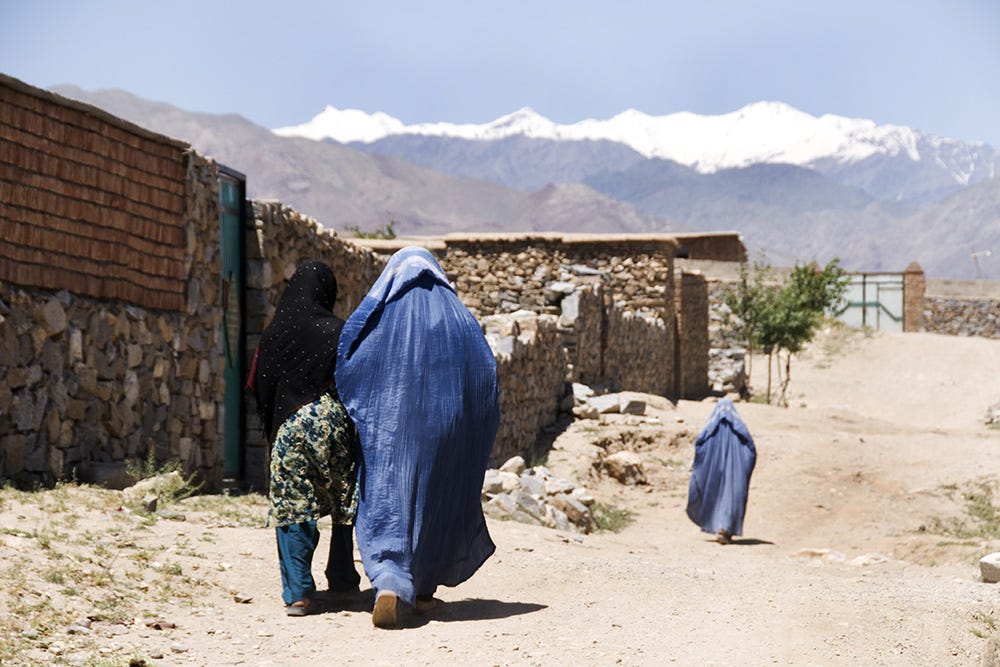
© Women for Women International / Jenny Matthews
The scope, magnitude and severity of the Taliban’s violations against women and girls since their return to power in 2021 deprive millions of their rights to education, work, health and free movement. Women for Women International has helped more than 120,000 Afghan women over the past few decades with its signature empowerment programme despite the challenging environment. For the last four years we have been contributing to support extremely poor and marginalised women in the provinces of Kabul, Parwan, Nangahar and Kunar, to achieve and sustain social and economic wellbeing.

